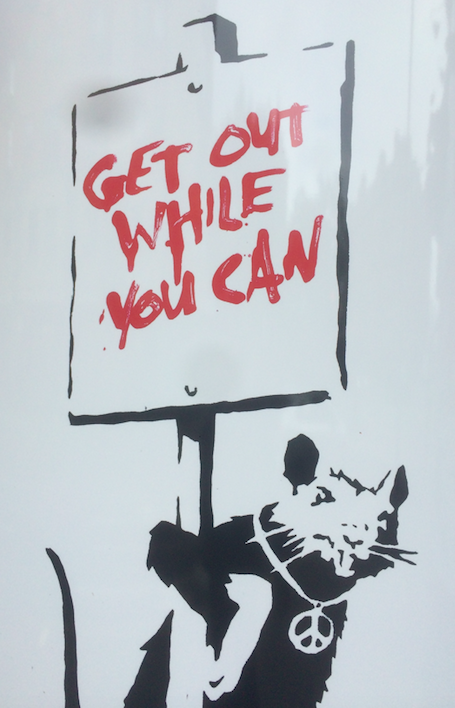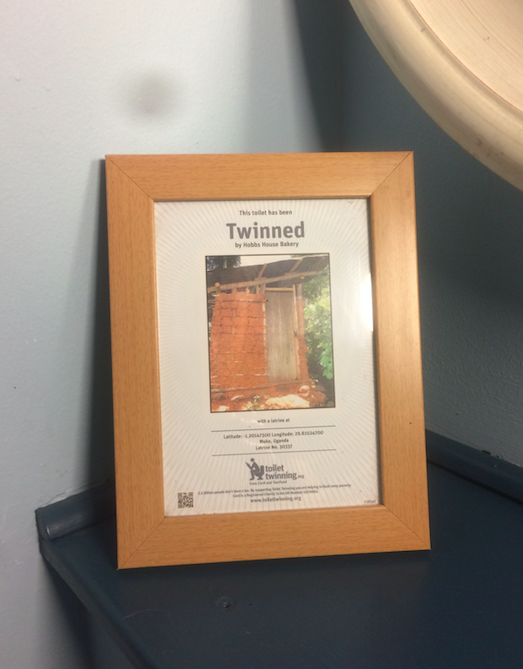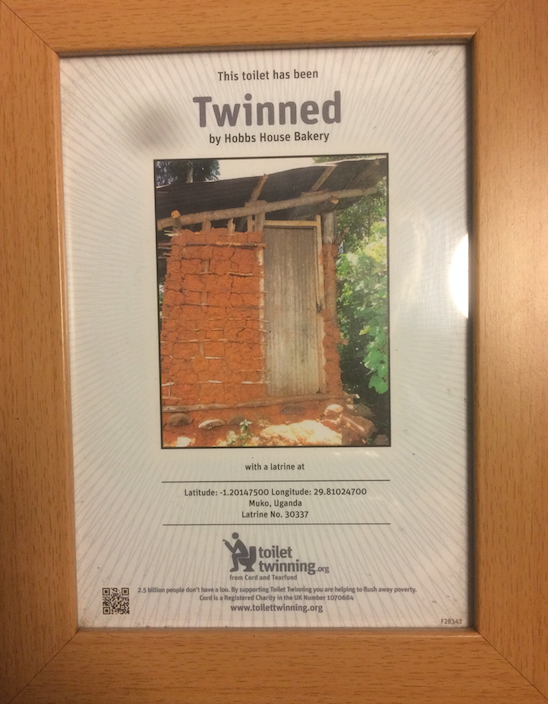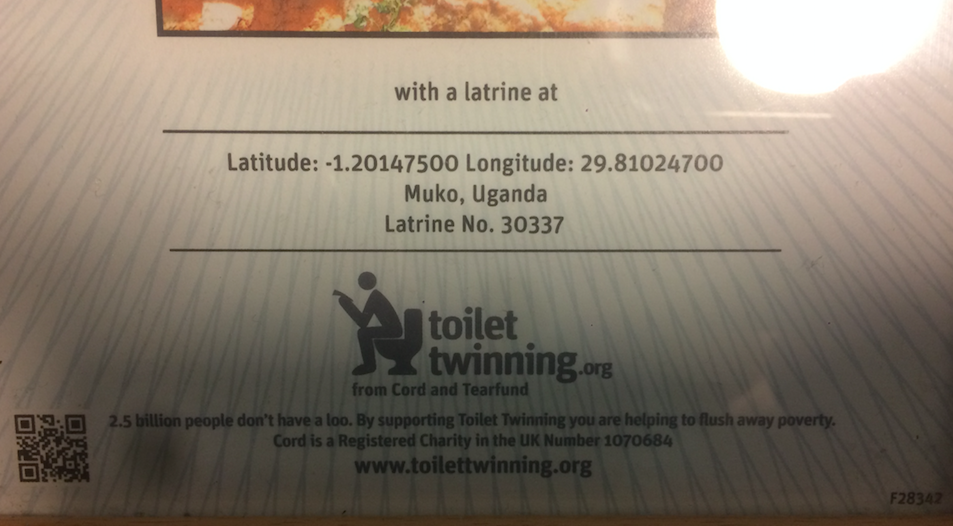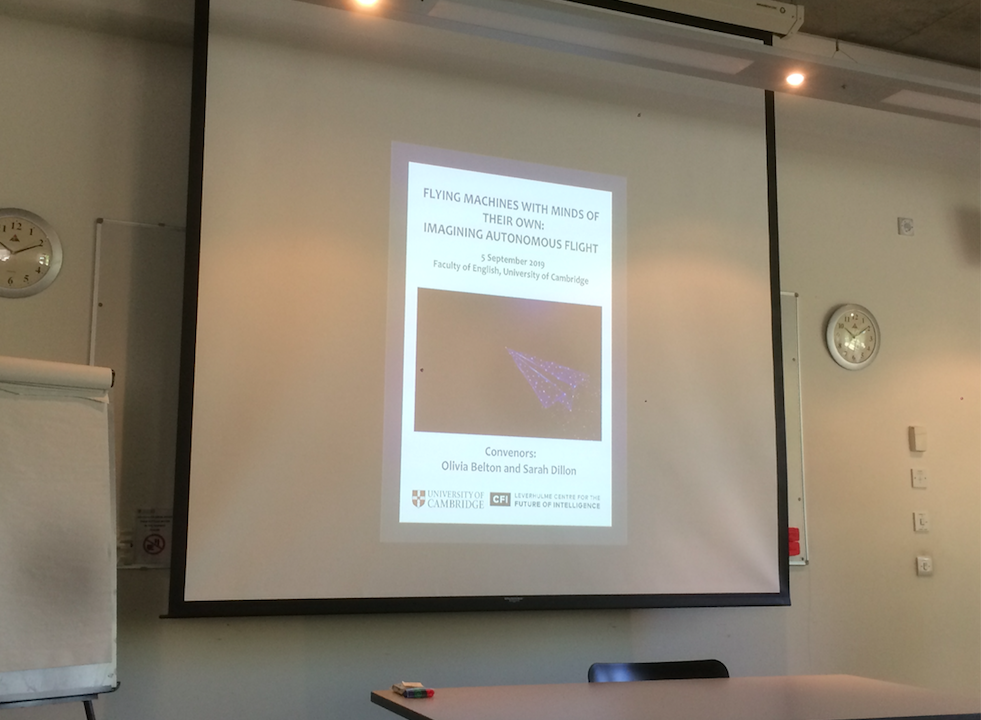A couple of things nobody seems to be thinking about. First, there have been calls for a second EU referendum for a while and the prospect seems more serious with the Labour Party perhaps backing the idea at, or before, the next election. The idea, and it’s a weak one in my view, is that people didn’t quite know what they were voting for last time or people were misled. Sounds just like any election I can remember. But what if there is a second vote and the result is leave again? Then what? The assumption seems to be that a second vote would result in a different result. Not necessarily.
My second wildcard thought is what happens if we have a financial meltdown before 31st October? Could this create an EU collapse before Britain has left the EU?
There’s a book called the Levelling by Michael O’Sullivan, an analyst at Credit Suisse, and in it he argues that globalisation has stopped, Economic growth is weak to non-existent and the next natural dip is long overdue in countries like the US and China. Central banks have accumulated too much power, QE is distorting markets, especially bonds, and is creating a generational divide too through asset price inflation, notably housing. The banking system is still under-regulated (shadow banking is hardly regulated at all) and the big tech companies are too dominant financially. World debt stands at 320% of GDP and risk is networked throughout the entire system. One tiny spark could ignite everything.
Where is this heading? A serious change of direction most probably. I think there’s a 50:50 chance of a global crash either next month (it’s generally October!) or spring 2020 and what will governments ,and the EU in particular, do in such a situation? They have no tools left to use, except, perhaps, for negative interest rates and taxation based upon wealth not just income and that would be explosive. You might create inflation to dilute the debt, but we’ve seen where that ends up.

